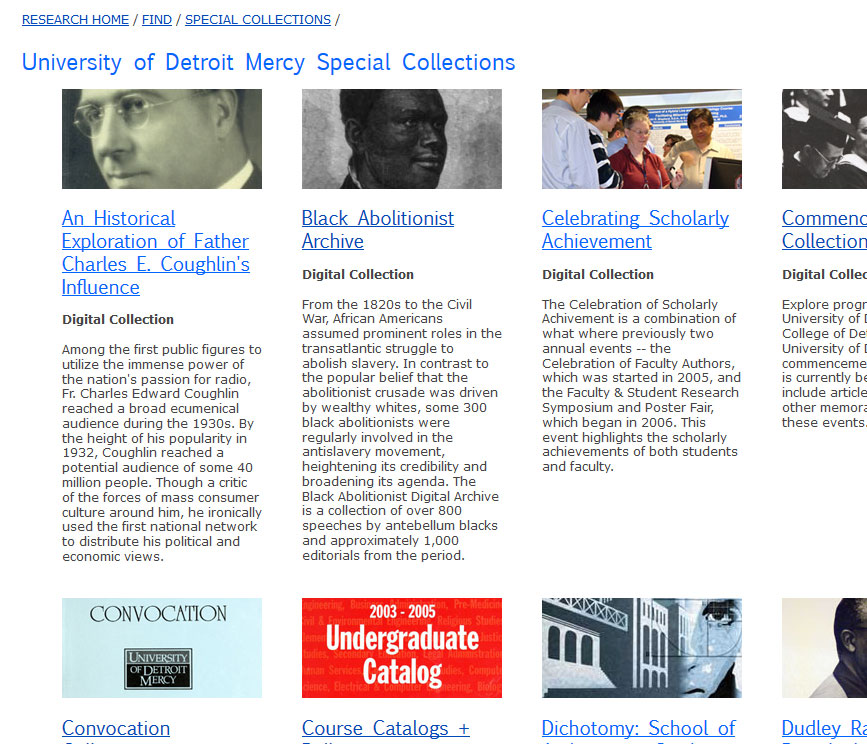The Value of Archiving
I watched an interesting documentary not long ago on the Discovery channel. In this program, an archeologist who had just entered a recently discovered Egyptian tomb, was being interviewed about his find. The interviewer asked if he’d found gold, jewels, or precious metals inside … “anything of value.” The archeologist explained in his excited enthusiasm that what they’d discovered was more precious than any jewel or rare metals; they’d discovered information.
The world is currently reflecting a different approach to understanding the evolution of human existence. We now exist in a “globalized social world” with time and space seemingly collapsed by technology. We not only allow ourselves to dream about the future’s potential, but we can now allow ourselves access to the past in ways unknown in previous centuries. Exploring our collective past helps us better understand ourselves. By watching our own social evolution, we can document our path to the place we find ourselves in now. The question we are seeking to answer these days is one that we’ve always asked but seem closer to answering than ever before: “Who are we?”
So, why archive anything? The idea is no longer one of item storage or preserving references to important directions from previous generations on how to accomplish some task or other (although, of course, those things are still important). These days we archive to provide information from our social past to our ever evolving social future. We seek to connect those who have gone before us with those who are yet to come. We seek to provide an answer to questions like, “How did we get from then to now, and where do we go from here?” “How can we work together and build a cooperative future?” “How can studying our past help us effectively create a beneficial future?”
If we now attempt to determine what of the past is of value based on what we value on a personal basis in the present, we miss the point of archiving in the first place. This focus on preservation is not for us … it’s for those researchers, students, explorers, and social archeologists who are “out there” looking for information. And it’s for generations to come who will have different experiences of the world than we do.
Archiving allows us to “read” the past in a number of ways:
- It connects us to a time when technology had a different meaning, where life could be unpredictable and scary, where differences between us could elicit fear and lack of cooperation, in order to bring us into a more cooperative existence
- It allows us to study the mechanics of accomplishing form of correspondence and communication (type of paper used, formatting structure that may not be used any longer, evidence of a strict adherence to formality that once dominated human interaction, etc.)
- It follows the type, quality, and quantity of human interaction (How long are the letters and journals? How much deference is involved? What was considered “proper” at the time? Etc.)
- It allows us to see the relationships in place at the time between students, faculty, and administration, as well as family members and friends.
- It allows us to study requirements and rules that were in place at the time which may now no longer be in use, or which may find a new place in the administration of the school and work place record keeping
The value in archiving documentation may even be gained by studying the way the typewriter key hammers placed the letters, the way the paper allowed the ink to “bleed” just slightly into the fabric of it, the way each typewriter of the day included a unique “signature” text placement, etc. (Someone somewhere may be writing a research paper on topics like these.)
We archive for others, for the human beings out there who find this type of material valuable for one reason or another. We archive to offer value to the university. We archive to make a positive difference in the city, state, world, planet. We archive because we have the technology now to preserve the valuable information of the past.

